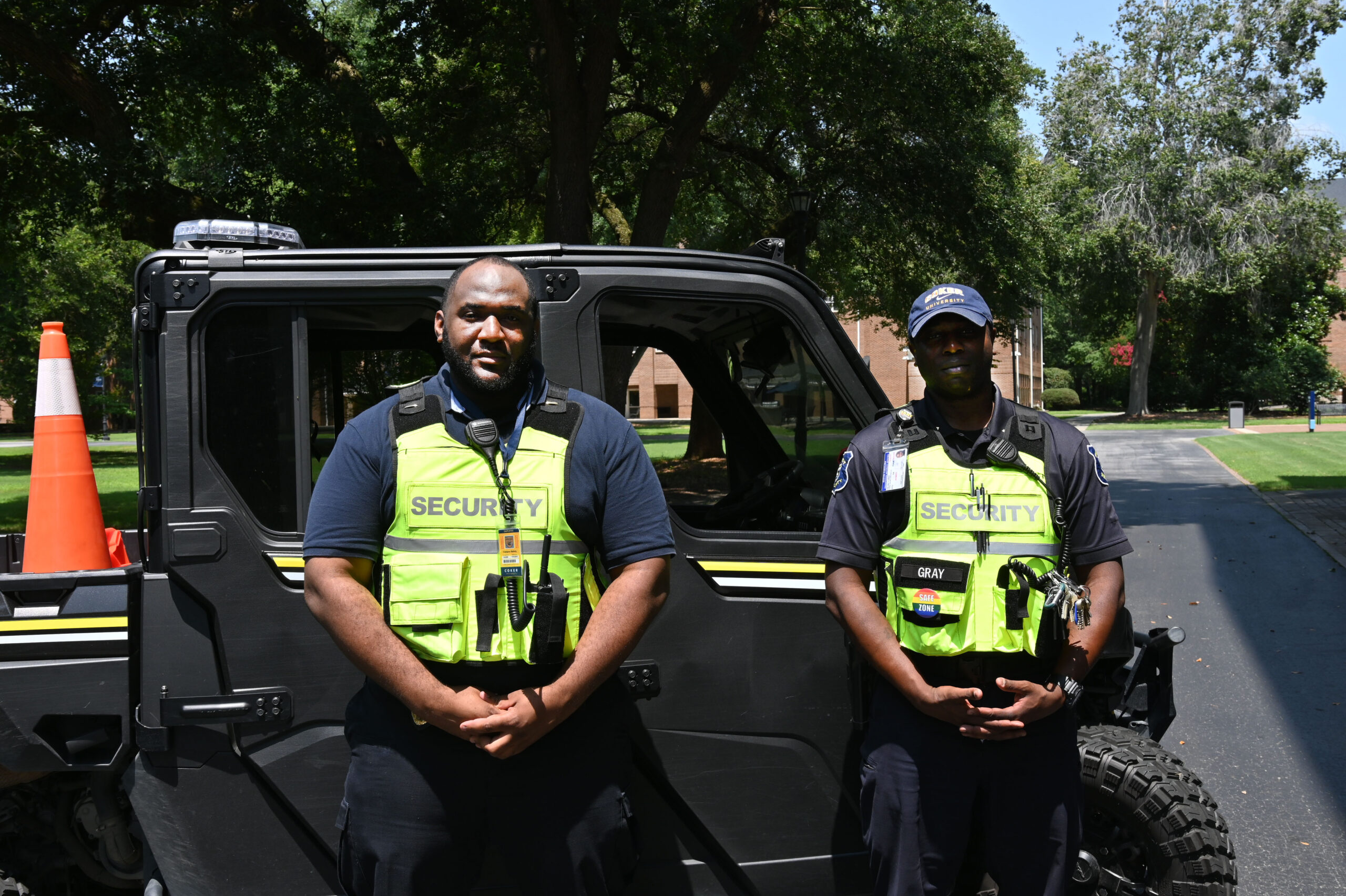
Columbia got breached and 869,000 people got their data stolen. Another prestigious university with a massive endowment spent millions on marble buildings but peanuts on cybersecurity. Shocking.
How It Probably Went Down
The breach happened in June but they didn't notice until their network crashed. Classic university IT - no monitoring, no alerts, just hope nothing breaks. Someone probably clicked "Congratulations! You've won a million dollars!" in their email and handed over the keys to the kingdom.
460GB of data walked out the door undetected. That's not a sophisticated attack - that's basic security failure. I've seen university IT budgets. They spend more on landscaping than endpoint detection.
They took two months to start notifying people. In the corporate world, that's lawsuit territory. In higher ed, it's Tuesday. FERPA notification requirements are weaker than GDPR or CCPA - universities get away with slow response.
What Got Stolen (Everything Worth Stealing)
The attackers grabbed the identity theft starter pack:
Social Security numbers, names, birth dates - everything you need to open credit cards or file fraudulent tax returns. Students and faculty from decades are now in the wild.
Financial aid records - family income, loan amounts, banking details. Perfect for targeting students with financial stress for additional scams. Student loan fraud is a growing criminal industry.
Academic records and transcripts - useful for academic credential fraud and job application scams. Fake degree mills thrive on stolen academic data.
The Real Cost of Cheap Security

Nearly 900K notifications - that's millions just in postage, not counting lawyers and credit monitoring for everyone. This breach will cost Columbia $10+ million, way more than most security budgets.
All because they probably skipped basic security controls that cost $100K annually. University boards love cutting IT budgets until this happens. Then suddenly cybersecurity becomes a priority for about six months.

